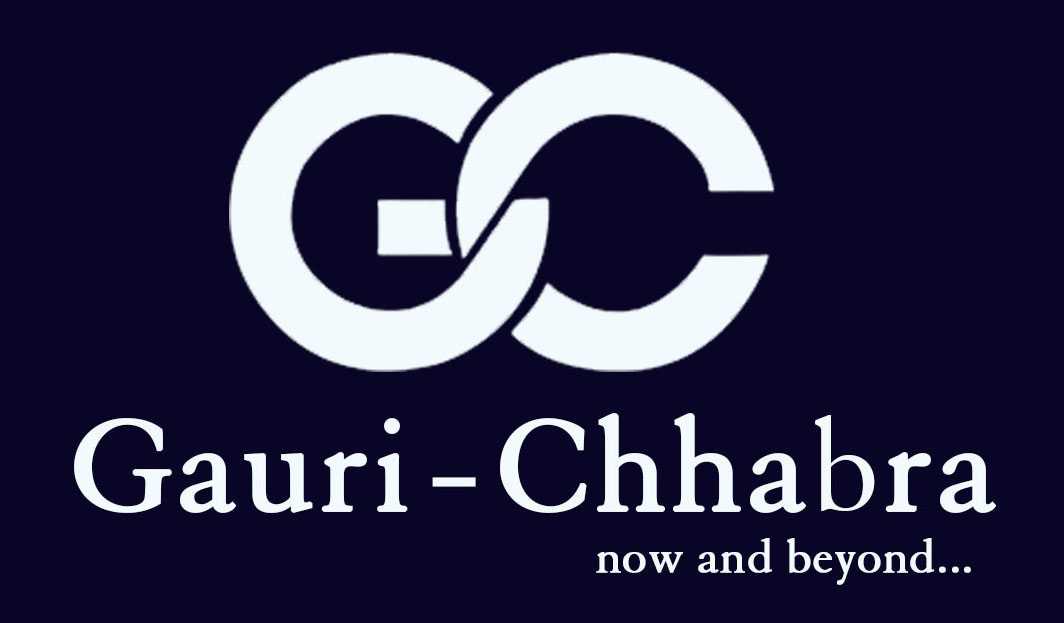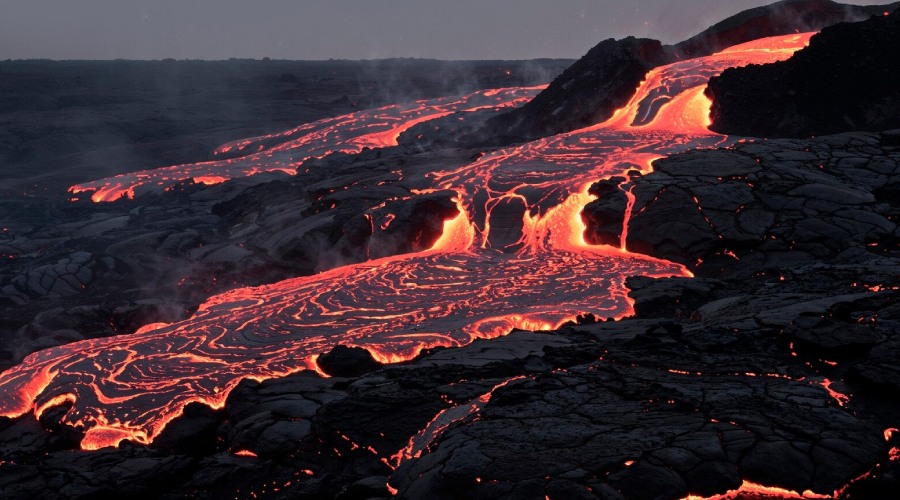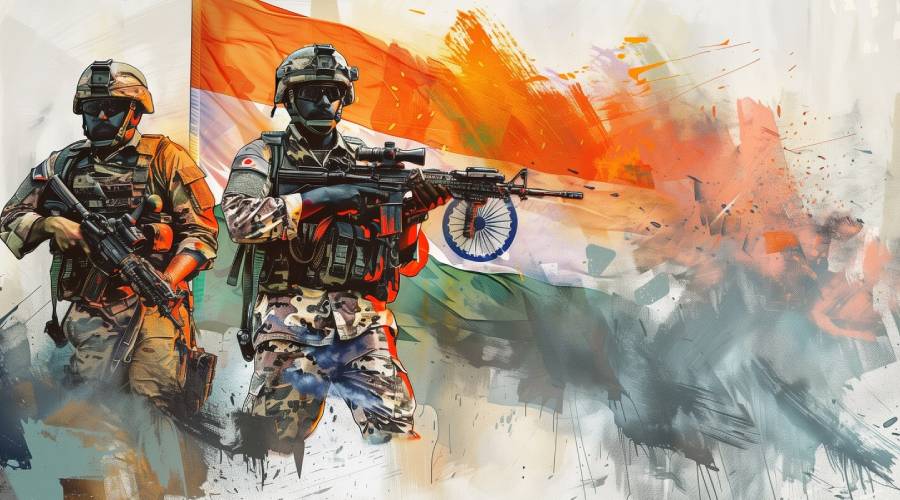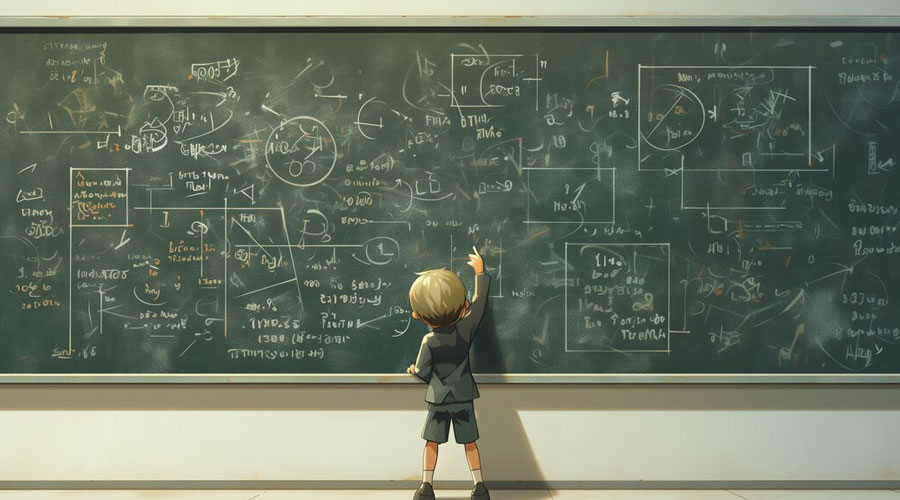Are you looking for an opportunity with the Central Government and that too in a career that deals with the natural world? If yes, you can gear up for the geologist examination conducted by the UPSC. For Central Government agencies, The
Union Public Service Commission (UPSC)
conducts a Geologist exam.
The Union Public Service Commission will hold a Combined Geo-Scientist (Preliminary) Examination 2020 (Computer Based Test) on 19th January 2020 for selection to the Combined Geo-Scientist (Main) Examination 2020, in accordance with the Rules published by the Ministry of Mines in the Gazette of India dated 25th September 2019.
How to become a Geologist?
-
To become a Geologist, you must have completed your 10+2 examination from any stream & pursue a bachelor’s degree from any university.
-
After passing the bachelor’s degree, you can pursue a master’s degree. If you want to get admission in government colleges, you have to appear for the national level exam like
GATE 2020
UPSC Geologist Exam 2020 Important Dates
- Pre Exam Date – 19th January 2020
- Pre Admit Card Available: January 2020
- Main Examination – 27th & 28th June 2020
- Duration of Examination: Three Days
UPSC Recruitment
Category I
(Post in the Geological Survey of India, Ministry of Mines)
-
Geologist, Group A: 79 Posts
-
Geophysicist, Group A: 05 Posts
-
Chemistry Group A: 15 Posts
Category II
(Posts in the Central Ground Water Board, Ministry of Water Resources)
-
Junior Hydrogeologists (Scientist B), Group A: 03 Posts
Eligibility and Age Limit
-
Nationality: A candidate must be either (a) a Citizen of India, or (b) a subject of Nepal, or (c) a subject of Bhutan, or (d) a Tibetan refugee who came over to India before the 01st Jan 1962 with the intention of permanently settling in India or (e) a person of Indian origin who has migrated from Pakistan, Burma, Sri Lanka or East African Countries of Kenya, Uganda, the United Republic of Tanzania, Zambia, Malawi, Zaire and Ethiopia or from Vietnam with the intention of permanently settling in India.
-
Provided that a candidate belonging to categories (b), (c), (d) and (e) above shall be a person in whose favor a certificate of eligibility has been issued by the Govt. of India.
Age criteria as prescribed below:
-
a) For Geologist/Geophysicist & Chemist (Group ‘A’) in the Geological Survey of India, an attached office of Ministry of Mines, Govt. of India.
-
A candidate must have attained the age of 21 years and must not have attained the age of 32 years on the first day of the month of January of the year in which the Exam is to be held (i.e. as on 01st Jan. 2020] i.e. he/she must have been born not earlier than 02nd January 1988 and not later than 01st January 1999.
-
b) For Jr. Hydrogeologist (Scientist B) (Group A) in Central Groundwater Board, Ministry of Water Resources.
-
Candidates must have attained the age of 21 years and must not have attained at the age of 35 years on 01st January 2020 he/she must have been born not later than 02nd January 1985 and not later than 01st January 1999.
-
c) The upper age limit will be relaxable up to a maximum of 7 years in the case of Govt. servants if they are employed in dept. mentioned. Age Relaxation is 5 years in case of SC/ST candidates and 3 years for OBC candidates
-
Age is additionally relaxable by 5 years for those applicants who had ordinarily been domiciled in the Kashmir Division in the State of Jammu & Kashmir during the period 01st January 1980 to 31st December 1989.
-
3 years for Defence Services personnel (disabled in operations during hostilities with any foreign country or in a disturbed area and released as a consequence thereof)
-
5 years in case of ex-servicemen including Commissioned Officers and ECOs/SSCOs
-
10 years in the case of blind, deaf-mute and Orthopaedically Handicapped persons
Educational Qualifications
- For Geologists Gr ‘A’ in Geological Survey of India:
Masters Degree in Geological Science or Geology or Geo-Exploration or Mineral Exploration or Engineering Geology or Marine Geology or Earth Science and Resource Management or Oceanography and Coastal Areas Studies or Petroleum Geosciences or Petroleum Exploration or Geochemistry or Geological Technology from a university incorporated by an Act of the central or State Legislature in India or an Educational Institution established by an Act of Parliament or declared to be deemed university u/s 3 of the University Grants Commission Act, 1956
- For Geophysicists Gr. ‘A’ in Geological Survey of India:
M.Sc. in Physics or Applied Physics or M.Sc (Geophysics) or Integrated M.Sc (Exploration Geophysics) or M.Sc. (Applied Geophysics) or M.Sc (Marine Geophysics) or M.Sc (Tech) (Applied Geophysics) from a University incorporated by an Act of Parliament or State Legislature in India or other educational institutes established by an Act of the Parliament or declared to be deemed universities under the University Grants Commission Act, 1956.
- For Chemists Gr ‘A’ in Geological Survey of India
: M.Sc in Chemistry or Applied Chemistry or Analytical Chemistry from a University incorporated by an Act of Parliament or State Legislature or other educational Institutes established by an Act of the Parliament or declared to be deemed Universities under section 3 of the University Grants Commission Act, 1956 (3 of 1956) i.e. recognized University.
- For Junior Hydrogeologists (Scientist-B) Group ‘A’ in Central Ground Water Board:
Masters Degree in Geology or Applied Geology or Marine Geology from a from a university incorporated by an Act of the central or State Legislature in India or an Educational Institution established by an Act of Parliament or declared to be deemed university under section 3 of the University Grants Commission Act, 1956 or Masters Degree in Hydrogeology from a recognised University.
Physical Standards
Candidates must be physically fit according to physical standards for admission to the Exam 2020 as per Regulations are given in Appendix-II of the rules for the Combined Geoscientist Exam 2020 in Gazette of India dated 25th September 2019
Examination Pattern
The question paper will be a subjective or Written Exam.For all the posts there will be three question papers of 200 marks each.For the Jr. Hydrogeologist candidates required the qualify the 2 Question papers of Geology and 1 paper of Hydrogeology. Once you qualify the written exam, there would be an interview/Personality test of 200 marks.
Prelims
The examination, of two hours duration has one common paper and the other stream specific paper. There are 3 streams namely Geologist and Junior Hydrogeologist, Geophysicist and that of Chemist. For all 3 streams, Paper I would be of General Studies carrying 100 marks; Paper 2
would be stream specific like geology/ Hydrogeology (300 marks), Geophysics (300 marks)
and Chemistry (300 marks) respectively.
Main Examination
The examination will be of three hours. There will be 3 papers in each stream carrying 200 marks each.
Employment arena:
-
Geological Survey of India and the Central Ground Water Board select geologists through an examination conducted by the Union Public Service Commission (UPSC)
-
Geologists work in the private sector as consultants. They are involved in exploration and survey
-
Geologists are recruited with companies such as Oil and Natural Gas Commission (ONGC), Hindustan Zinc Ltd, Coal India, Mineral Exploration Ltd. Oil and Natural Gas Commission
-
ONGC holds annually a written examination in two parts. The papers are in General Studies, English and Geology. This is followed by an interview. The selection is based on vacancies.
-
Oil India Limited is involved in oil exploration. The Mineral Oil Exploration Corporation Limited interviews academically bright candidates for placement
-
Hindustan Zinc Ltd. (HZL) and Coal India Ltd. offer jobs after a written examination of two papers followed by interview
-
The Atomic Mineral Division at Hyderabad functions under the ministry of Atomic Energy. The recruitment examination is exclusively in Geology and has an objective paper and a test of practical knowledge. Selected candidates have to take an interview. The National Geophysical Research Institute at Hyderabad and the National Institute of Oceanography in Goa select geologists with specialization with a doctorate qualification. Similar openings are in Wadia Institute of Himalayan Geology in Dehradun
-
In Research geologists work as research associates with institutions like the Council of Scientific and Industrial Research (CSIR) and the department of Science and Technology. These institutions also recruit geologists as scientific officers
-
Doctorates are preferred for these posts. Many students take up research studies and are aided financially in this by the examination conducted by CSIR. This a shared fellowship scheme granted under this examination by CSIR and UGC. The fellowship is tenable for 4-5 years
Sample Questions for Geology Exam
- Describe the following in brief with diagrams wherever necessary : 5×10=50
(a) Measurement of strain from deformed conglomerates
(b) Ductile shear
(c) Image filtering in remote sensing
(d) Assemblage zone
(e) Pandyan Mobile Belt
(f) Glossopteris flora
(g) Upper Siwalik fauna from India
(h) Chemical denudation
(i) Continental growth
6) Low-velocity zone in the mantle
SECTION—B
Attempt any one question
-
(a) Describe with sketches, the drainage pattern associated with faulted and folded regions. Give two examples of anomalous drainage indicative of Neotectonism.
(b) Describe the landforms produced by glacial and fluvial actions with examples from India.
-
(a) Enumerate the salient features of aerial photographs and remote sensing imagery.
(b) Illustrate the principle of using remote sensing in mineral exploration.
(c) Write a note on the Indian satellite Cartosat 2.












